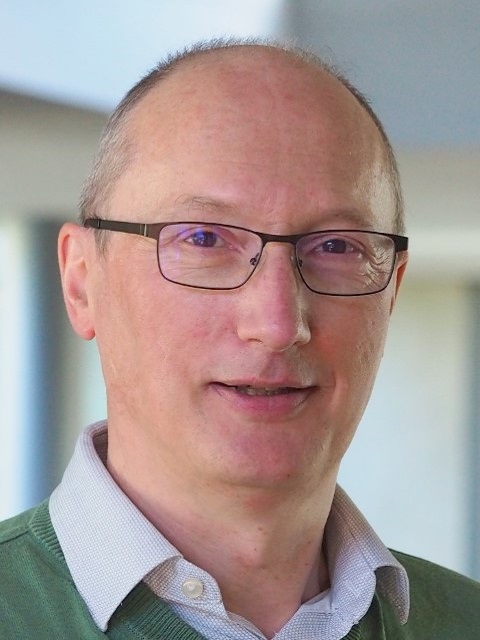Prof. Dr.-Ing. Franz Hauck

Ulm University
Albert-Einstein-Allee 11

on request in my office O27-348 or online
Prof. Hauck studied computer science at the University of Erlangen-Nürnberg. After two years in industry he earnt his dissertation and habilitation also from the University of Erlangen-Nürnberg interrupted by a one year stay at the Vrije Universiteit Amsterdam. Since 2002 he is teaching and doing research at the Ulm University as a professor for distributed systems at the institute with same name.
His research interests are special-purpose middleware systems with focus on fault-tolerant server systems, especially State-Machine Replication (SMR).
Prof. Hauck teaches in the area of operating and distributed systems. Find his current lectures on our web pages about teaching. All his lectures are available on a detailed web page.
Prof. Hauck is a member of the ACM, the German Computer Society, GI and of its special interest groups on Operating Systems, Communication and Distributed Systems (KuVS), and Fault-tolerant Computer Systems (FERS), as well as of EuroSys.
He is also an elected member of the Faculty Council of his Faculty, appointed member of the Joint Comission for Teacher Education. As such he is also member of the Academic Affairs Commission, the Examination Board and the Admission Committee for teacher education programmes. Besides, he is elected chairman of the Examination Board.
His last publications are:
Further information can be found on extra pages: complete list of publications, Ph.D. students. More details can be found on a details page.